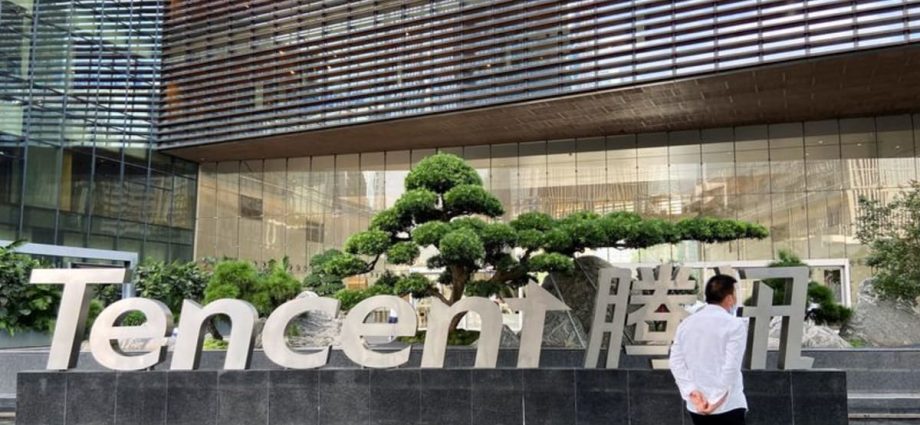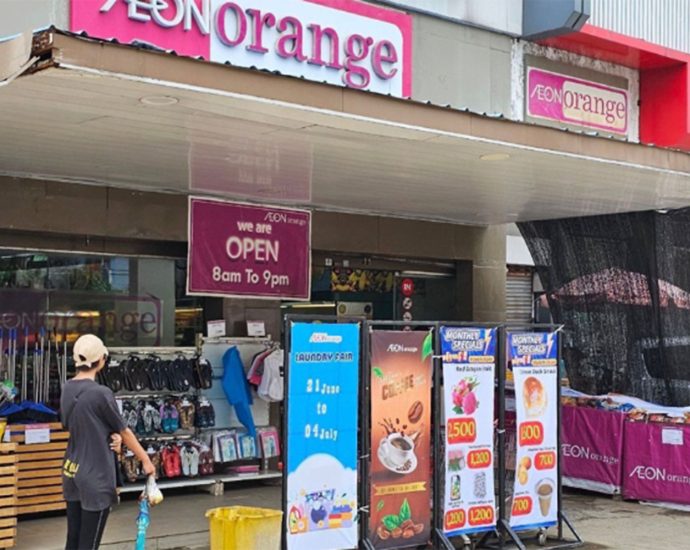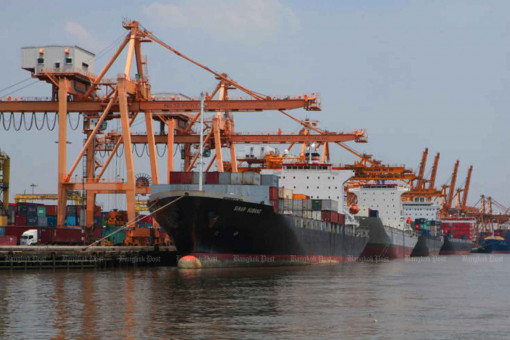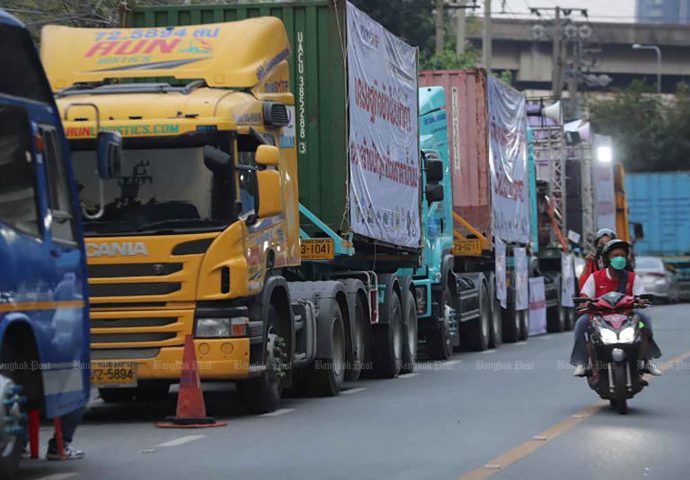Chinese tech giant Tencent says net profits soar 82% in second quarter
BEIJING: Chinese internet giant Tencent announced on Wednesday ( Aug 14 ) an 82 per cent surge in second-quarter net profit, its biggest jump since late 2020, after a resurgence in its gaming business. Tencent is one of the most important players in China’s technology business, operating the country’s widespreadContinue Reading
















